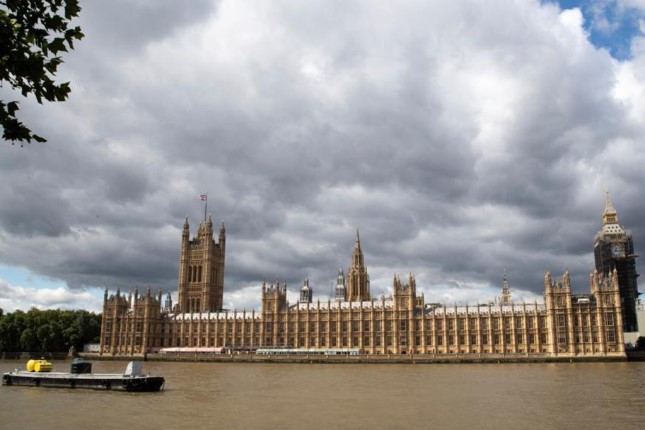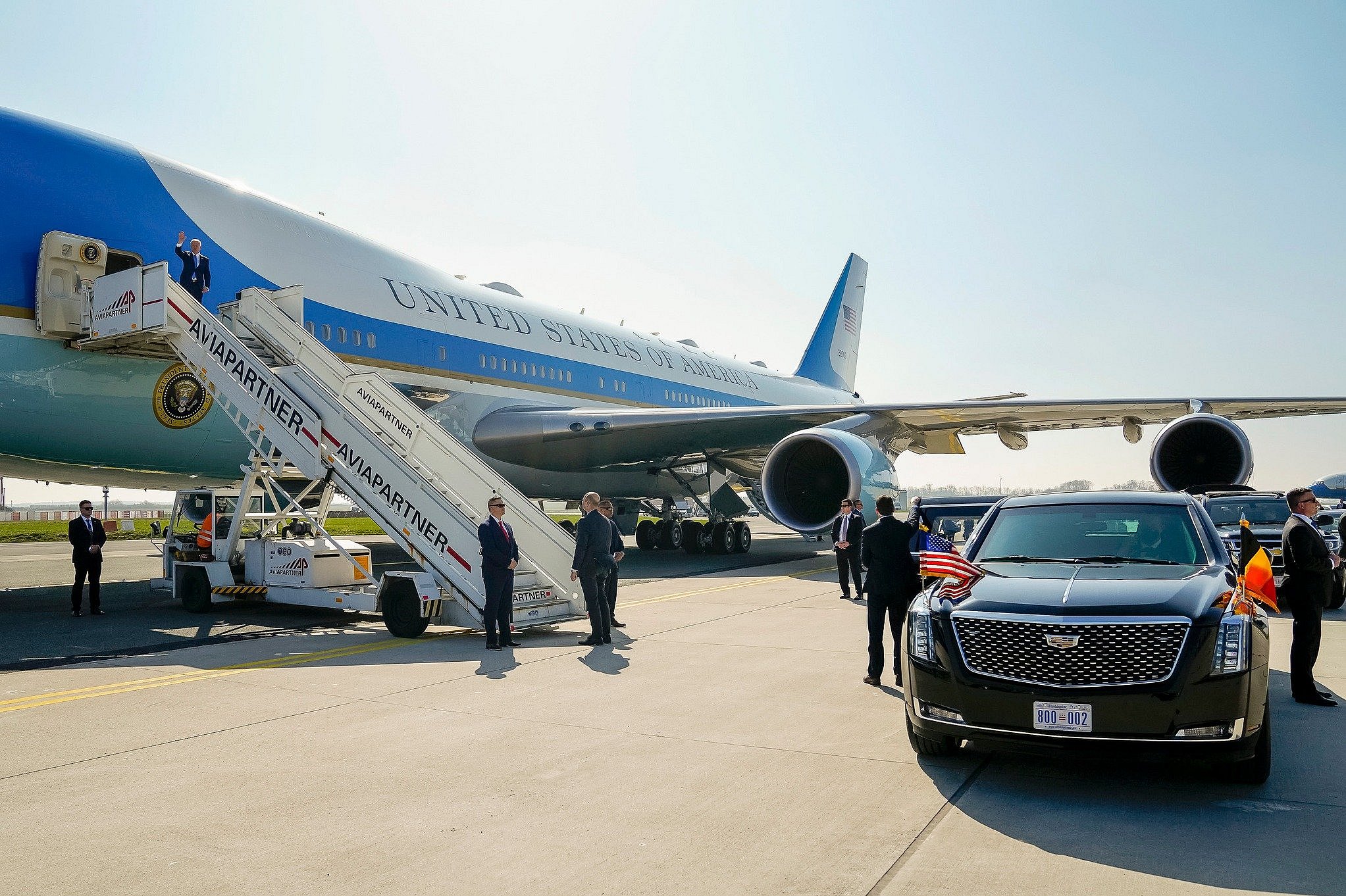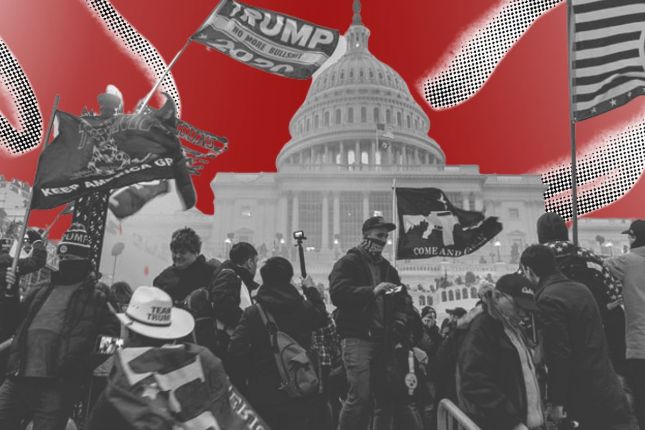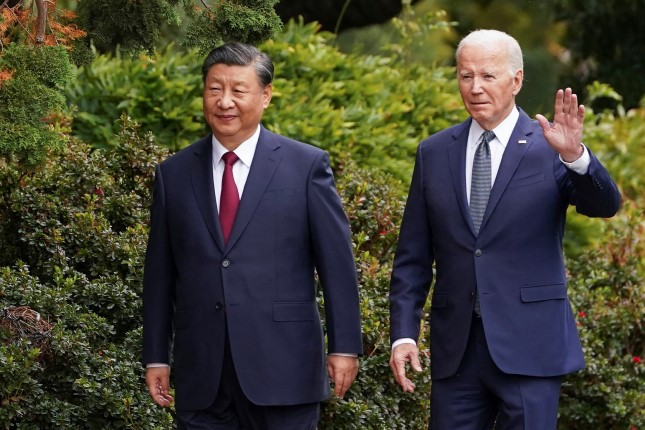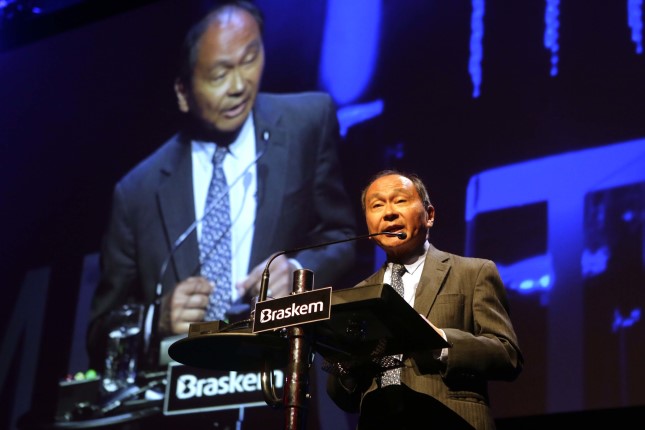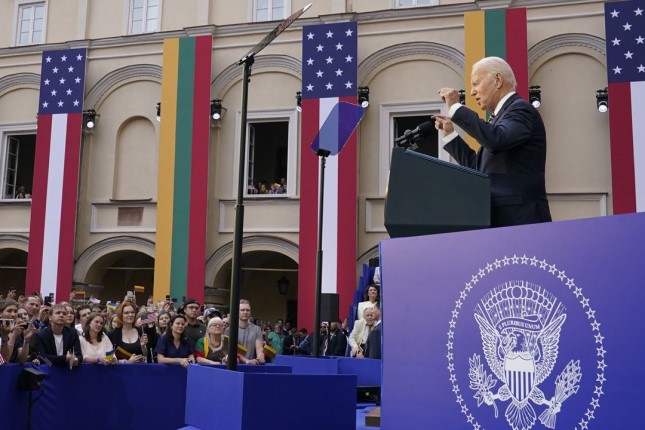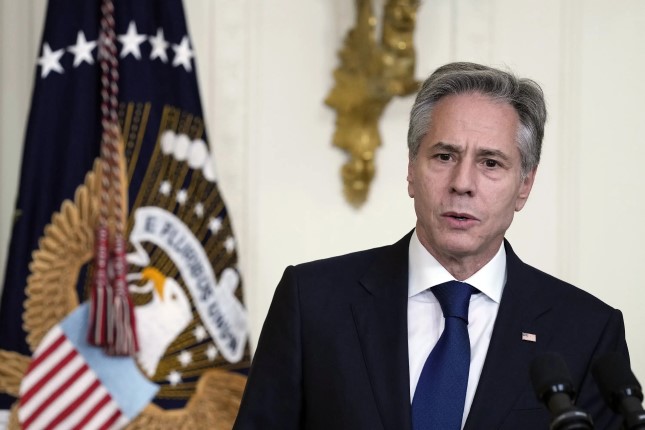He has been granted bail until early October. But as of now, no charges have been filed, suggesting a lack of concrete evidence. In the context of the generalization of national security in the UK, this would typically be a minor case. However, in September, this case, along with another similar one, was publicized as "Chinese espionage activities," causing a significant stir in British politics and public opinion.
Today, the UK Parliament is in turmoil over the "Chinese spy" issue - the Prime Minister is being "interrogated" there, multiple ministers are forced to make statements, and the person involved has to issue statements denying the allegations. However, none of this can stop the MPs from questioning the government as if they were on a mission, asking, "Is China really a threat?" Actually, it's not much of a "question" because they already have a predetermined answer. Whoever provides this answer is considered an "ally," but anyone who says something different may well find themselves accused of being a "spy."
The reason this young person has become the focus is mainly because he is said to be director of parliamentary China Research Group, holding a parliamentary pass, and had previously worked in China for a while. This young man, who is suspected of being a "Chinese spy," issued a statement claiming he is "completely innocent," but it is evident that some people in the UK have already rushed to judgment, deeming him "guilty." Interestingly, in his efforts to prove his innocence, the young man mentioned that he has spent his career to date "trying to educate others about the challenge and threats presented by the Chinese Communist party." This has been confirmed by the British media, but some especially "observant" people have found what they consider to be subtle pro-China tendencies in his remarks. This is often how "charges" come about.
The events from March have, however, escalated in September. The British media has also taken notice that this is happening at a time when the UK is seeking to repair its relationship with the Chinese government. The UK Foreign Secretary James Cleverly had just visited China in late August, becoming the highest-ranking UK government official to visit China in years. In a way, this situation is somewhat reminiscent of the "China-US balloon incident" that occurred in February this year.
In the US and the UK, there are individuals or forces who specialize in sabotaging relations with China. They employ various tactics such as creating trouble out of nothing, blowing things out of proportion, distorting facts, and confusing the public. They launch "political witch-hunts" within their own countries, adopting a "it's better to kill a thousand by mistake than let one go" approach, with a focus on targeting individuals who hold friendly or rational attitudes toward China. Under this oppressive atmosphere, individuals who persist in maintaining a friendly and pragmatic approach toward China have become as rare as giant pandas in British and American societies. However, they are not cherished and protected like giant pandas, but instead face relentless persecution from anti-China forces.
For example, the remarks made by Cleverly defending the need to engage with China sparked criticism in London. Similarly, British Chancellor of the Exchequer Jeremy Hunt, who said "the UK needs to talk to China," was accused by some British politicians of being a "spy" simply because he has an Asian wife. In the eyes of these anti-China politicians who exploit any opportunity, having any dealings with the Chinese people implies being "pro-China," and not making radical anti-China statements implies being "weak." Only a complete and thorough anti-China and anti-communist stance is considered the only acceptable "political correctness."
The case this time clearly shows that the reality is completely different from what British politicians and intelligence agencies have hyped up as "Chinese spies everywhere." It is precisely because of the lack of evidence that they are desperate and making a big deal out of the case that cannot withstand legal scrutiny.
The Sunak government obviously sees the harm that extreme thinking toward China has brought to the UK and intends to re-calibrate the relationship between China and the UK. However, the distorted British political environment has greatly limited the space and extent to which this re-calibration can be made. This includes deep coordination with the US' strategy, internal contradictions and wrangling within the UK, and intentional accommodation and utilization of the already established anti-China atmosphere. It should be said that these factors have intertwined and become obstacles that cannot be ignored on the advancement path of China-UK relations, and they have made people see how frightening the distorted political atmosphere eroding rationality is.
Photo: Photo taken on August 18, 2021 shows the Houses of Parliament in London, Britain © Xinhua.
Source: The Global Times.
